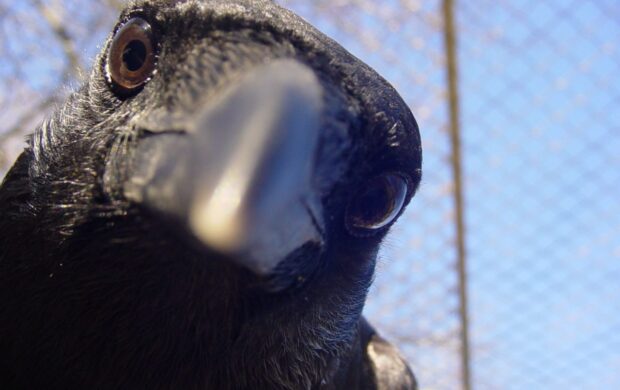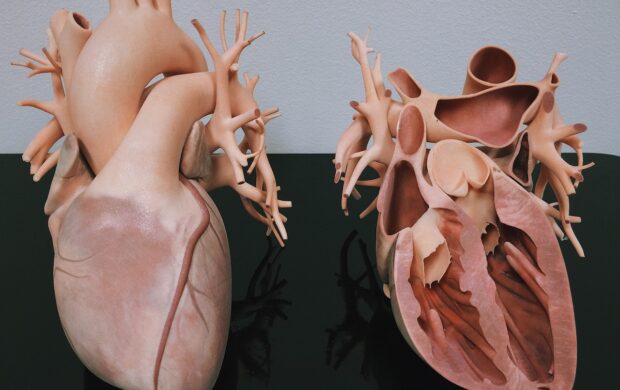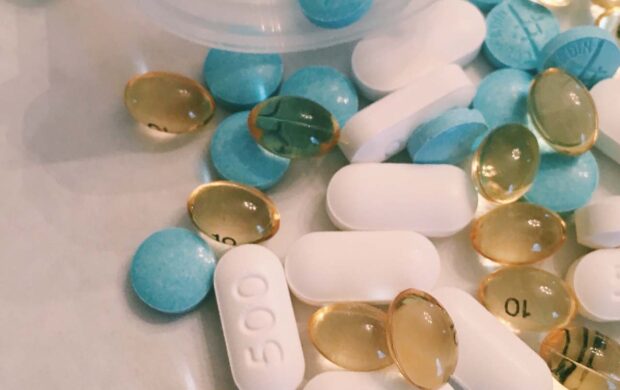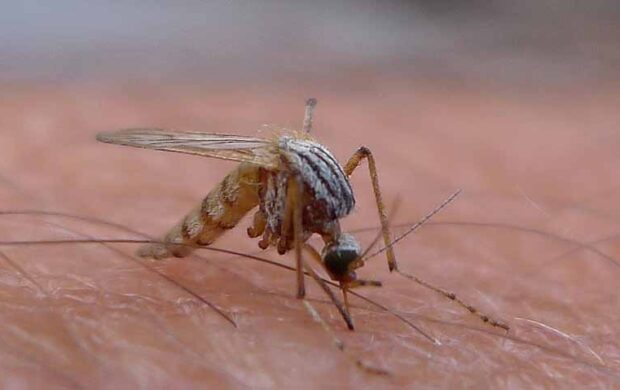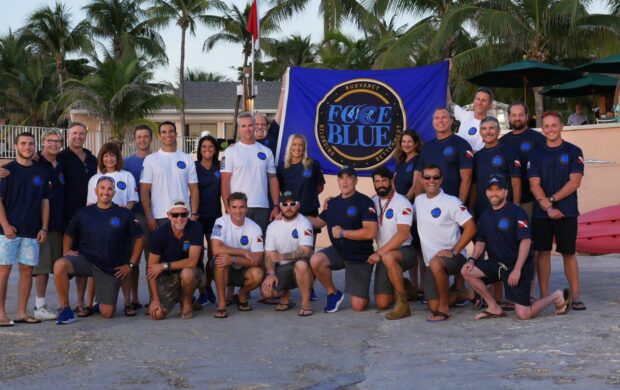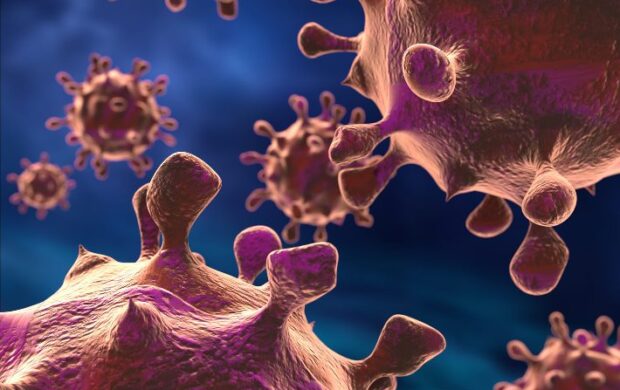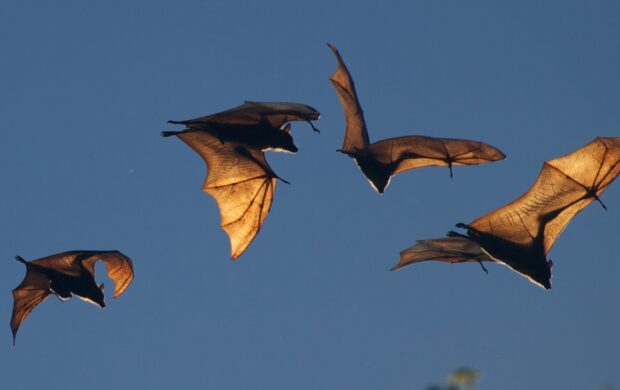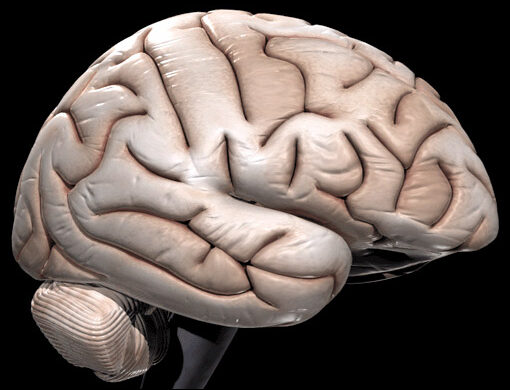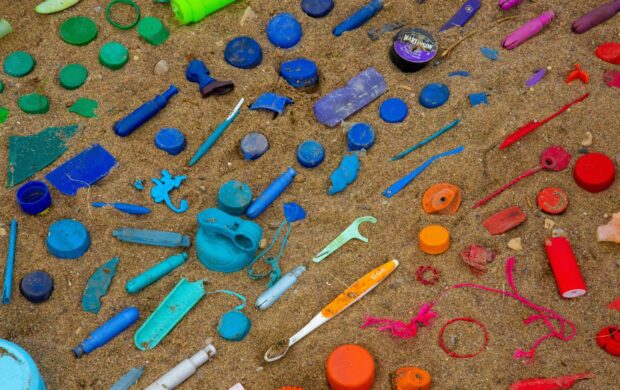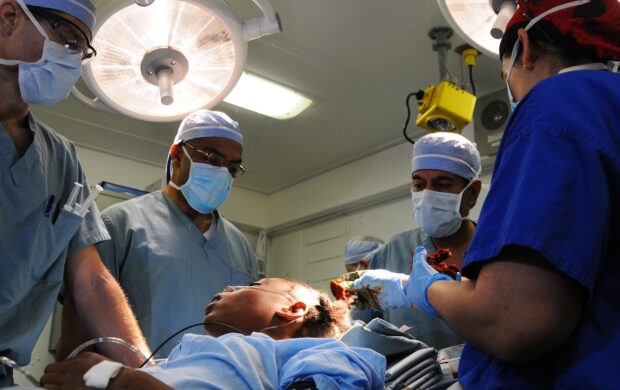Every year, hundreds of thousands of horseshoe crabs are captured and bled for the biomedical industry. This is due to the presence of limulus amebocyte lysate, or LAL, in their blood which is used to immobilize and trap bacterial endotoxins – a compound which can cause toxic haemorrhagic shock and severe diarrhoea to those who ingest it. Currently every drug certified by the FDA has to be tested using LAL, as do any surgical implants.
Now there appears to be a viable alternative. Biologist Jeak Ling Ding, and her husband Bow Ho, came up with an alternative known as recombinant factor C, based on the specific molecule in LAL that detects the toxins. Though a recombinant factor C test kit has been available since 2003, pharmaceuticals showed limited interest in it as it was only produced by a single supplier, Lonza, and they were wary of depending on one company for such a large part of their manufacturing.
However as of 2013 there is an additional supplier, Hyglos, which has helped peak the interest of notable pharmaceutical companies including Eli Lilly. Additionally, The European Pharmacopoeia added recombinant factor C as an accepted bacterial-toxin test in 2016, and lobbying has begun to encourage the U.S. Pharmacopeia to do the same.

